10 Best Emblica Officinalis Preparations
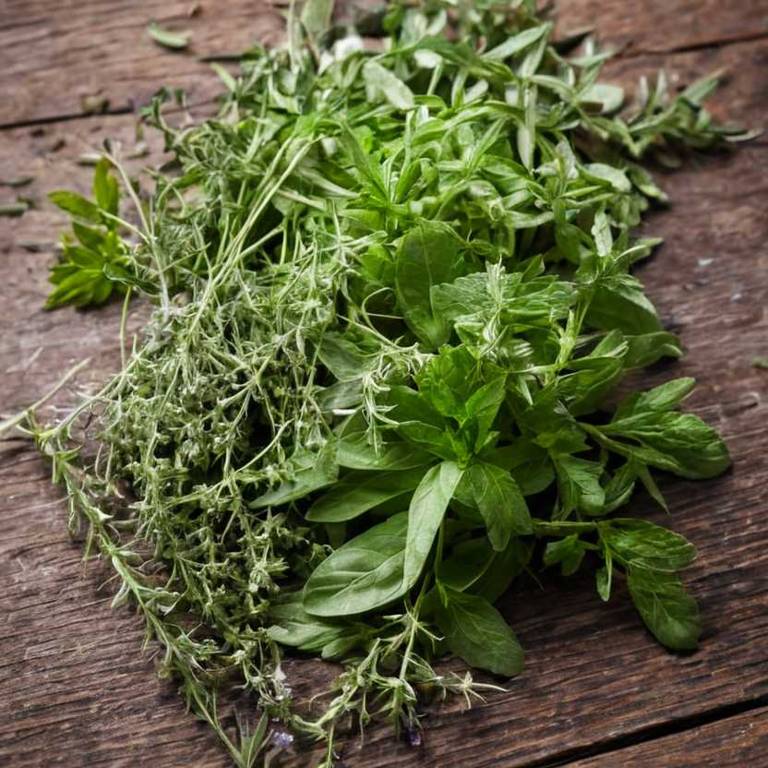
The best medicinal preparations of Emblica officinalis are teas, decoctions, tinctures, juices, and capsules, each offering unique benefits for health and wellness.
Teas made from the dried fruit are commonly consumed to boost immunity and aid digestion.
Decoctions involve boiling the fruit or bark to extract its active compounds, often used for respiratory and skin conditions.
Tinctures provide a concentrated form of the herb, suitable for quick absorption and targeted treatment.
Fresh juices from the fruit are rich in vitamin C and antioxidants, supporting overall vitality and skin health.
Capsules offer a convenient and standardized way to incorporate Emblica officinalis into daily wellness routines.
Below there's a list of the 10 best herbal preparations of emblica officinalis for medicinal purposes.
- 1. Teas
- 2. Decoctions
- 3. Tinctures
- 4. Juices
- 5. Capsules
- 6. Creams
- 7. Syrups
- 8. Mucillages
- 9. Lozenges
- 10. Oinments
1. Teas
Emblica officinalis teas is commonly used to support digestive health, boost immunity, and promote skin vitality.
This herbal preparation is traditionally used to treat ailments such as digestive disorders, fatigue, and skin conditions like acne and eczema. The most common medicinal uses include enhancing liver function, reducing inflammation, and improving overall vitality. The bioactive constituents responsible for these effects include vitamin C, tannins, polyphenols, and flavonoids, which contribute to its antioxidant and anti-inflammatory properties.
These compounds work synergistically to provide the plant's therapeutic benefits.
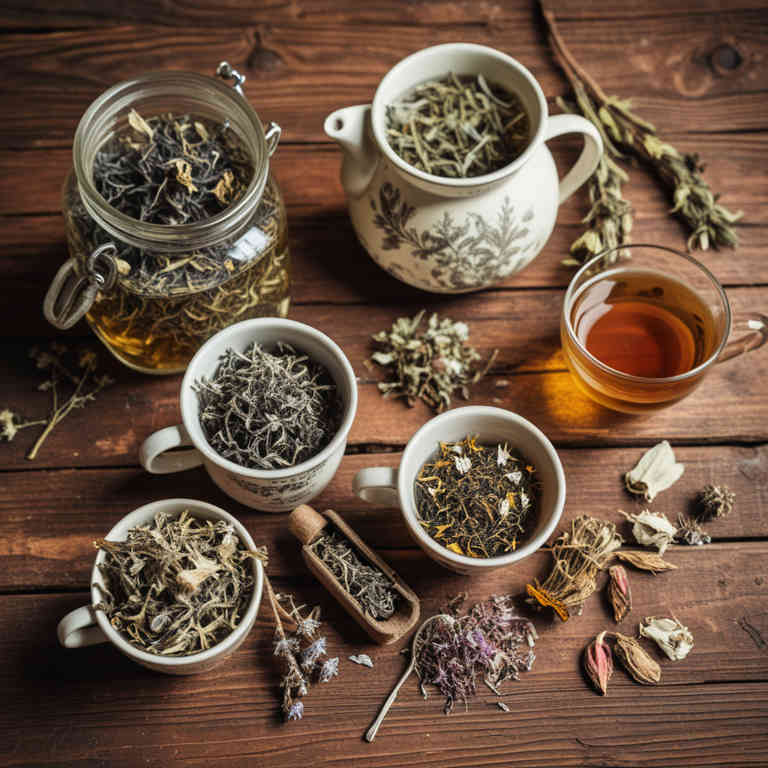
2. Decoctions
Emblica officinalis decoctions is commonly used to support digestive health, boost immunity, and promote skin health.
These decoctions are traditionally used to treat ailments such as indigestion, diarrhea, chronic fatigue, and skin disorders like acne and eczema. The medicinal properties of Emblica officinalis decoctions are attributed to bioactive constituents such as vitamin C, flavonoids, tannins, and polyphenols. These compounds exhibit antioxidant, anti-inflammatory, and antimicrobial activities.
Overall, Emblica officinalis decoctions are valued for their ability to enhance overall well-being and support various bodily functions.
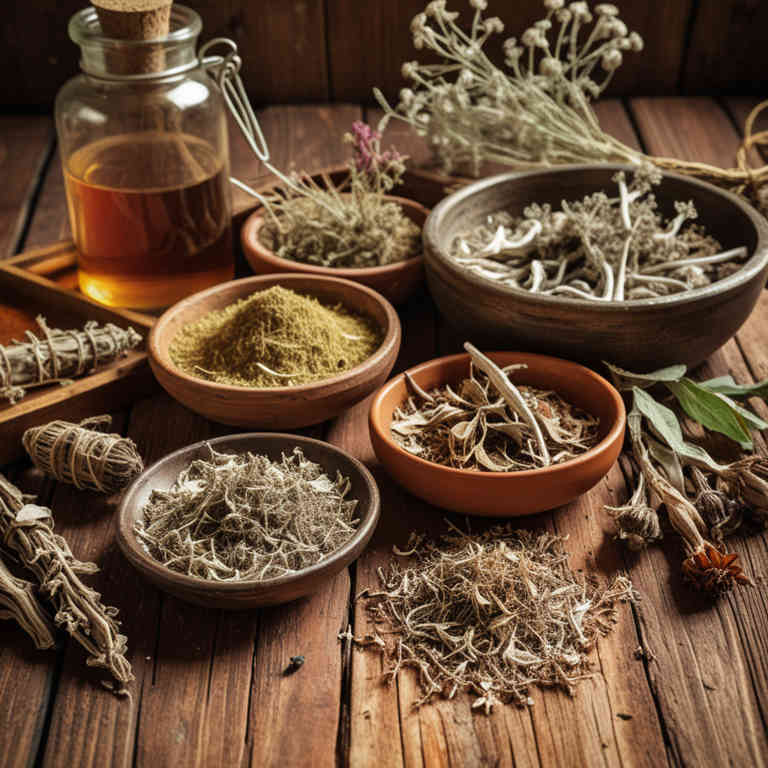
3. Tinctures
Emblica officinalis tinctures is commonly used to support digestive health, boost immunity, and promote skin health.
These tinctures are often employed to treat ailments such as digestive disorders, fatigue, and respiratory infections. The medicinal properties of Emblica officinalis tinctures are attributed to bioactive constituents like vitamin C, flavonoids, polyphenols, and iridoids. These compounds exhibit antioxidant, anti-inflammatory, and immunomodulatory effects.
Regular use of these tinctures may also aid in managing diabetes and improving liver function.

4. Juices
Emblica officinalis juices is commonly used to support digestive health, boost immunity, and promote skin health.
It is widely employed in traditional medicine to treat ailments such as indigestion, constipation, and respiratory infections. The juice is also used to manage diabetes and improve liver function due to its antioxidant properties. The bioactive constituents responsible for these effects include vitamin C, flavonoids, tannins, and polyphenols, which exhibit strong antioxidant and anti-inflammatory activities.
These compounds help in reducing oxidative stress and supporting overall metabolic balance in the body.

5. Capsules
Emblica officinalis capsules is commonly used to support digestive health, boost immunity, and promote skin health.
They are widely used to treat ailments such as indigestion, constipation, and inflammation. The most common medicinal uses include managing diabetes, enhancing liver function, and reducing oxidative stress. The bioactive constituents responsible for these effects include vitamin C, flavonoids, polyphenols, and organic acids.
These compounds contribute to the antioxidant, anti-inflammatory, and immunomodulatory properties of the herbal preparation.

6. Creams
Emblica officinalis creams is commonly used to treat skin conditions, promote wound healing, and reduce inflammation.
These creams are widely applied for ailments such as eczema, psoriasis, and minor burns due to their soothing and regenerative properties. The bioactive constituents responsible for these effects include vitamin C, tannins, flavonoids, and polyphenols, which exhibit antioxidant, anti-inflammatory, and antimicrobial activities. These compounds help in repairing damaged skin tissue and preventing oxidative stress.
Additionally, the cream may support immune function and aid in the treatment of digestive disorders when used in conjunction with other herbal formulations.
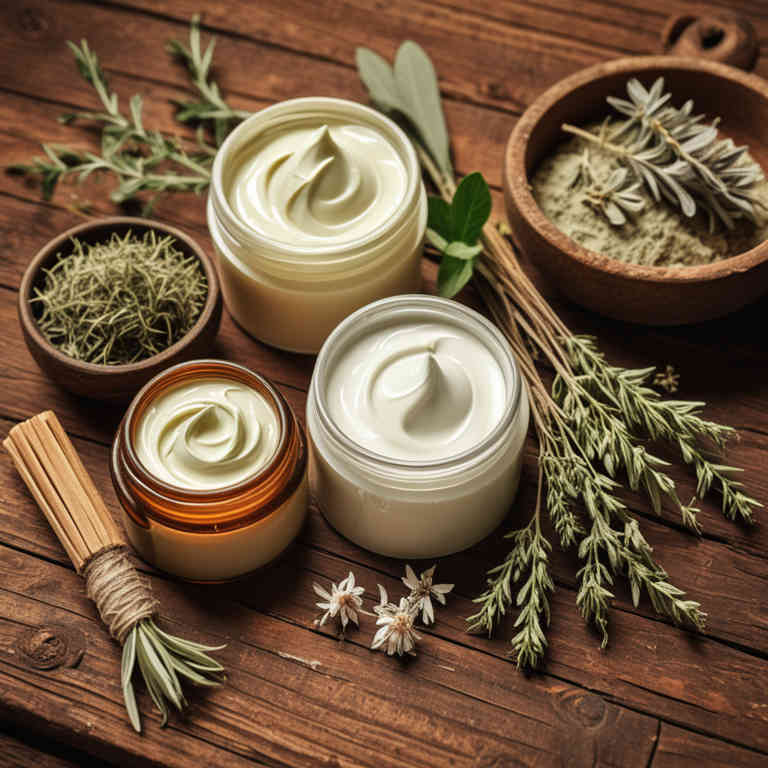
7. Syrups
Emblica officinalis syrups is commonly used to support digestive health, boost immunity, and promote skin health.
These syrups are often employed to treat ailments such as gastrointestinal disorders, fatigue, and respiratory infections. The bioactive constituents responsible for its medicinal properties include vitamin C, flavonoids, polyphenols, and tannins. These compounds contribute to its antioxidant, anti-inflammatory, and antimicrobial effects.
Overall, Emblica officinalis syrups are valued for their ability to enhance overall wellness and aid in the management of various health conditions.
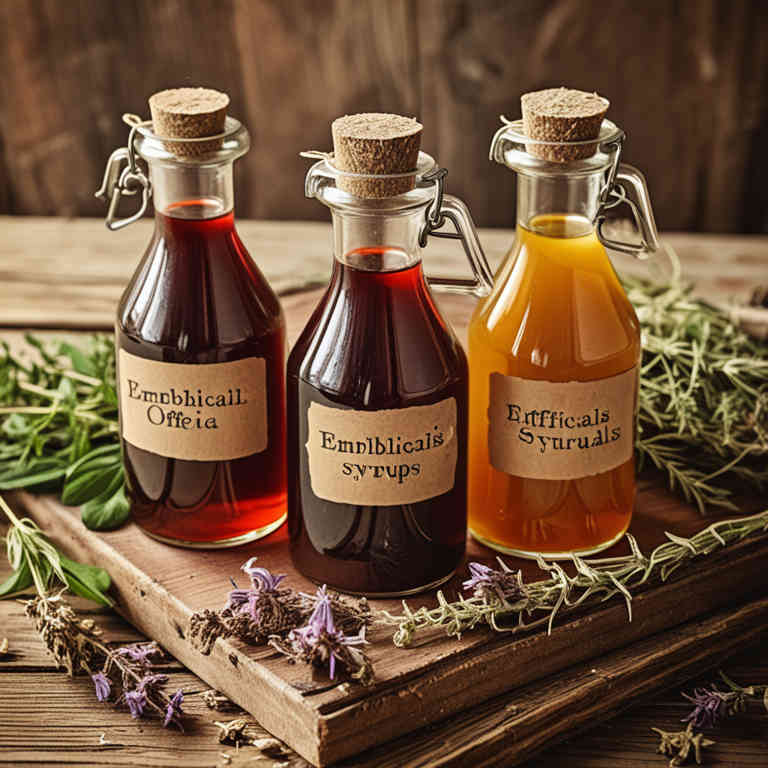
8. Mucillages
Emblica officinalis mucillages is commonly used to support digestive health, enhance immune function, and promote skin healing.
This herbal preparation is widely employed to treat ailments such as diarrhea, constipation, and gastrointestinal inflammation. It is also used for its antioxidant properties to combat oxidative stress and support overall vitality. The bioactive constituents include polysaccharides, flavonoids, and phenolic compounds, which contribute to its anti-inflammatory, antimicrobial, and immunomodulatory effects.
These components work synergistically to provide the medicinal benefits associated with Emblica officinalis mucillages.
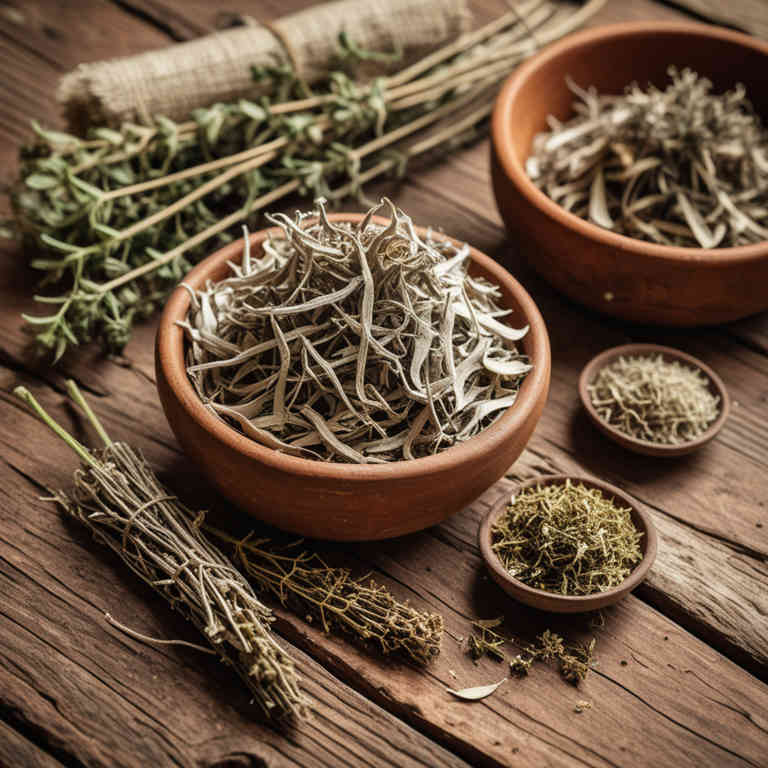
9. Lozenges
Emblica officinalis lozenges is commonly used to treat respiratory and oral health issues, including sore throat, cough, and inflammation of the throat.
These lozenges are also used to support digestive health and boost the immune system. The most common medicinal uses include alleviating symptoms of colds, flu, and chronic respiratory conditions. They are also believed to aid in improving skin health and reducing oxidative stress.
The bioactive constituents responsible for these effects include vitamin C, polyphenols, flavonoids, and tannins, which contribute to their antioxidant, anti-inflammatory, and antimicrobial properties.

10. Oinments
Emblica officinalis oinments is commonly used to treat skin conditions, digestive disorders, and respiratory ailments.
These oinments are widely applied for their healing properties in managing wounds, inflammation, and eczema. They are also used to alleviate symptoms of diarrhea and indigestion due to their astringent and carminative effects.
The bioactive constituents responsible for these medicinal properties include gallic acid, ellagic acid, flavonoids, and vitamin C. These compounds contribute to antioxidant, anti-inflammatory, and antimicrobial activities, making Emblica officinalis oinments a valuable traditional remedy.
